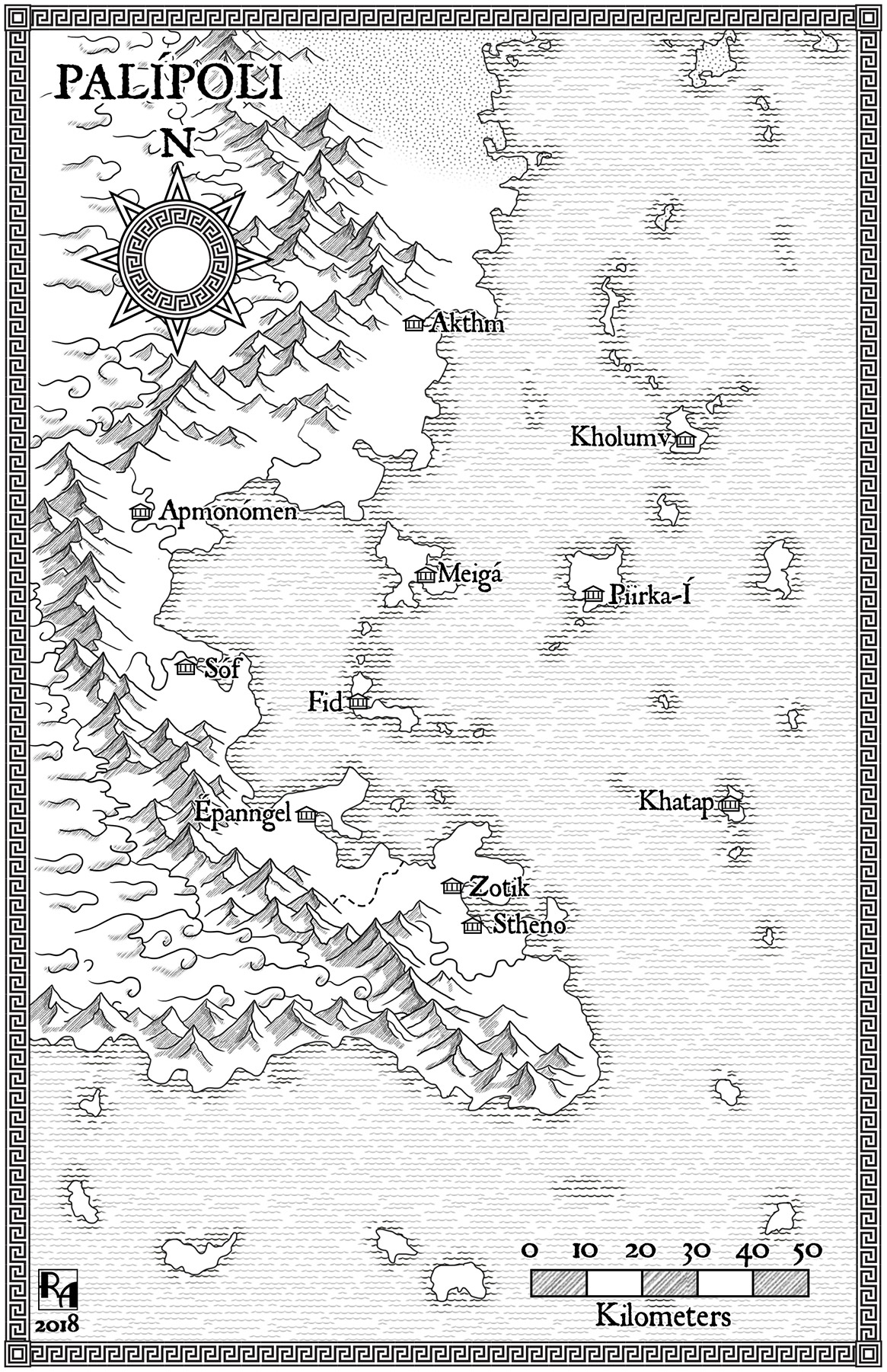On Writing The Shipwright
Friday, August 2, 2019 at 4:45am
The years of 2016-2018 look like something a pause in writerly pursuits. A lot of things were happening for me professionally in 2016 that began eating into my free time. The US election of that year caused me to double down on paying off my student loans, which caused me to shut down Fuzzy Hedgehog Press. In 2017, I discovered The Closing of the American Mind, and this instigated my interested in Classical literature, which I spent over a year deeply engrossed in reading.
All of these things combined to create the effect that my writing paused. This is largely true, but not entirely.
Earlier this year, I announced my upcoming short story collection, The Shipwright and Other Stories. That would give the impression that I wrote these stories late in 2018 or earlier this year, but in fact, I composed all but two of these stories in early and middle months of 2016. One I composed in 2017, and the last I composed early this year.
In the notes sections of my re-released novels, I refer frequently to the first two writing groups I participated in in Seattle, which had a neutral or even detrimental effect on my development as a writer. I should write more about my third writing group, which I started myself, and my fourth writing group, which was a more positive experience.
This fourth and final writing group is where I wrote most of the stories set in Palípoli, the world in which The Shipwright is set. It started with a map. The fourth group did not have a critique function—members simply arrived, sat down, and got about their own writing. One day, I arrived and found myself, instead of writing, drawing a map. I wanted, probably in the vein of Ursula K Le Guin, to have my own fantasy world set in an archipelago, but, of course, I wanted it to be mine, and not merely a derivative of another author's.
And so, I got down to thinking about this world would be like. In terms of technology, I wanted them to be older than medieval, more like the Ancient world. This was well before I had begun digging into ancient literature properly, but the idea of an iron age culture modeled on Ancient Greece was there from the beginning.
I also wanted the world to be "maximally fantastic with the minimum number of fantastic elements." This is an a trend I realized I had unconsciously invoking in my writing since the beginning, and during the development of Palípoli, I formalized it. My goal, with regards to the fantastic, is to do more with less. It's my opinion that this makes for better storytelling. The best stories, for all their complexity, hinge on a central metaphor or idea that permeates the entire work. The result of this thinking is that Palípoli has three moons. That's it. No magic system, no fantastic beasts, just three moons.
As usual, the limitation turned out to be boon rather than a burden. I was able to be enormously productive with this simple change, imagining systems of mythology, social stigmas, an alternate calendar, and more.
I also commissioned a map to accompany the collection from the same artists who did the map of Opytt for Adventurers of Opytt, Robert Altbauer. And he did a phenomenal job. You can find more of Robert's work on his DeviantArt page. 









